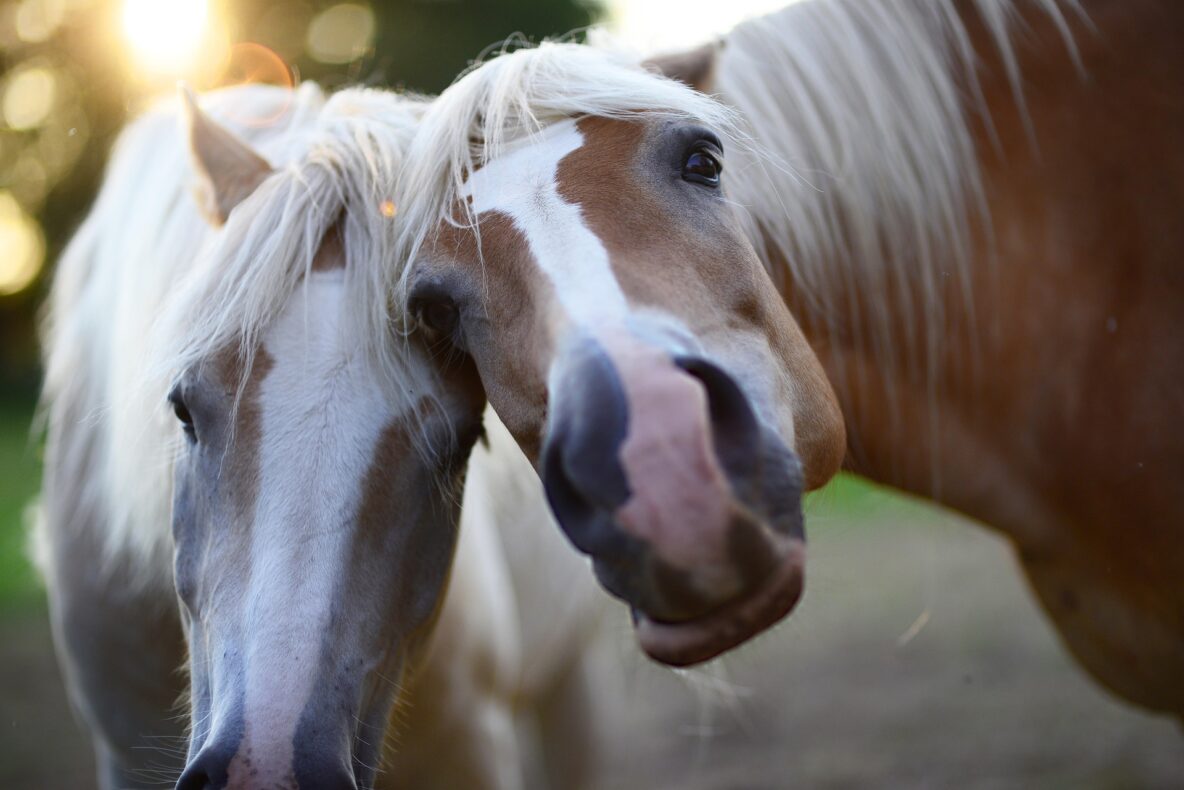Equine viral arteritis (EVA)
Affects horses, donkeys and other equids.
It does not affect humans.
Equine viral arteritis is a notifiable disease in:
- stallions (male horses)
- mares (female horses) that have mated or been inseminated within 14 days
Signs can include:
- abortions (failed pregnancies)
- conjunctivitis (bloody tissue around the eye)
- swelling of testicles or udder swelling around eyes and lower legs
- fever and runny nose
- anorexia (poor appetite)
- lethargy and stiff movement
Many infected horses will show no clinical signs. In rare cases the disease can cause severe clinical signs or death in young foals.
The disease can be spread through: mating artificial insemination contact with aborted foetuses contaminated equipment on the breath of infected animals for up to 2 weeks after initial infection Stallions can carry the disease without showing clinical signs and spread the disease through sexual contact, or if their semen is used for artificial insemination.
You can help prevent the disease by: practicing good biosecurity on your premises and follow codes of practice (https://codes.hblb.org.uk) testing all stallions, teasers and mares before breeding talking to your vet about vaccinating stallions following guidance on isolation and testing when importing horses If you suspect disease you must isolate any animals, stop them mating and report to APHA.

